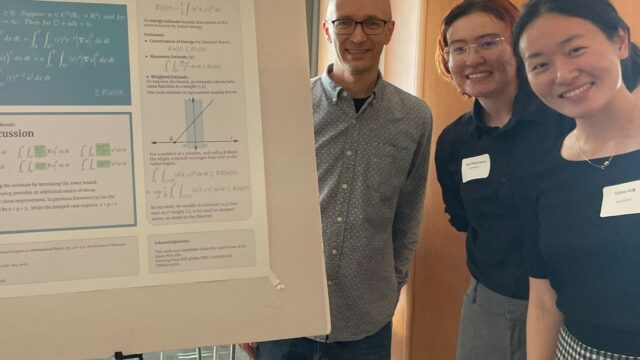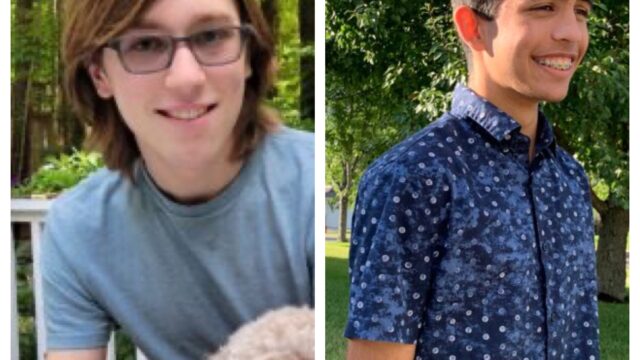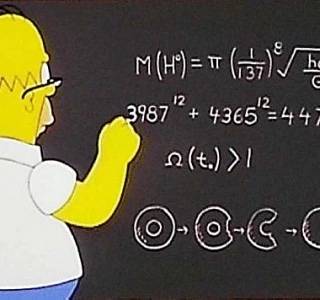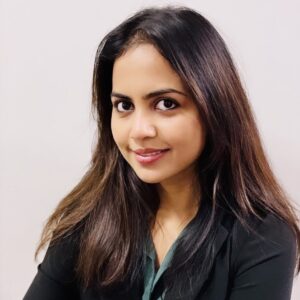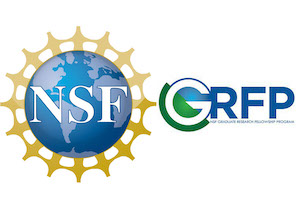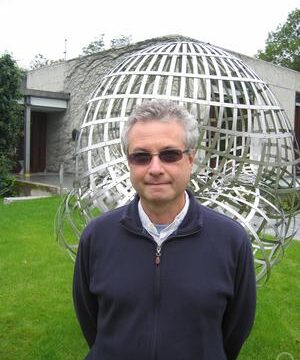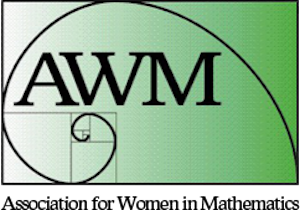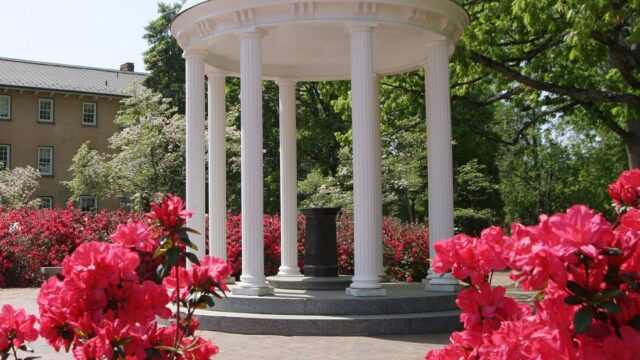We will regularly announce newly posted articles and newly accepted articles within the group. We are proud to announce the following updates from the past few months.
Arunima Bhattacharya, Assistant Professor
-
- Presentation: Geometry and Topology Seminar, Duke University (March 20, 2023)
- Presentation: Continuum Mechanics Seminar, University of Nebraska-Lincoln (March 30, 2023)
- Upcoming invited talk: Geometric Analysis Seminar, University of Oregon (May 16, 2023)
- Upcoming invited talk: Differential Geometry/PDE Seminar, University of Washington (May 17, 2023)
- Upcoming invited talk: Birthday Conference for Mikhail Safonov, Seoul, South Korea (June 20, 2023)
- Newly accepted: A. Bhattacharya, J. Chen, and M. Warren: Regularity of Hamiltonian stationary equations in symplectic manifolds, Adv. Math., to appear.
- Newly accepted: A. Bhattacharya, The Dirichlet problem for the Lagrangian mean curvature equation, Analysis & PDE, to appear.
Benjamin Bechtold, Graduate Student
-
- Successfully completed the Departmental Oral Exam (February 2023)
Madelyne Brown, Graduate Student
-
- Newly accepted: M. Brown: On the growth of generalized Fourier coefficients of restricted eigenfunctions. Comm. PDE, to appear.
- Elected President of UNC’s Graduate Math Associate (GMA) for the 2023-24 academic year.
Yaiza Canzani, Associate Professor
-
- Newly accepted: Y. Canzani and J. Toth: Lower bounds for eigenfunction restrictions in lacunary regions. Communications in Mathematical Physics, to appear.
Hans Christianson, Professor
-
- Newly posted: H. Christianson, J. Wang, and R. P. T. Wang: Control estimates for 0th order pseudodifferential operators.
- Presentation: Tsinghua-Fudan joint online seminar on microlocal analysis (April 28, 2023)
Casey Rodriguez, Assistant Professor
-
- Newly posted: C. Rodriguez, Elastic solids with strain-gradient elastic boundary surfaces.
- Newly posted: K. R. Rajagopal and C. Rodriguez, Special Cosserat rods with rate-dependent evolving natural configurations.
- Upcoming invited talk: 13th AIMS Conference on Dynamical Systems, Differential Equations and Applications, UNC-Wilmington (May 31-June 4, 2023).
Jian Wang, Postdoctoral Fellow
-
- Newly posted: H. Christianson, J. Wang, and R. P. T. Wang: Control estimates for 0th order pseudodifferential operators.
- Presentation: Analysis and PDE Seminar, University of California at Berkeley (April 10, 2023)
- Upcoming invited talk: Analysis Seminar, Northwestern University (May 15, 2023).


